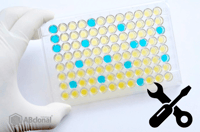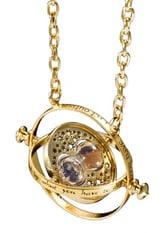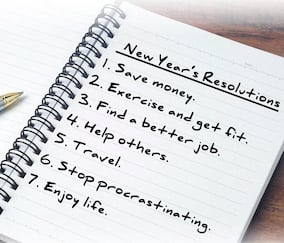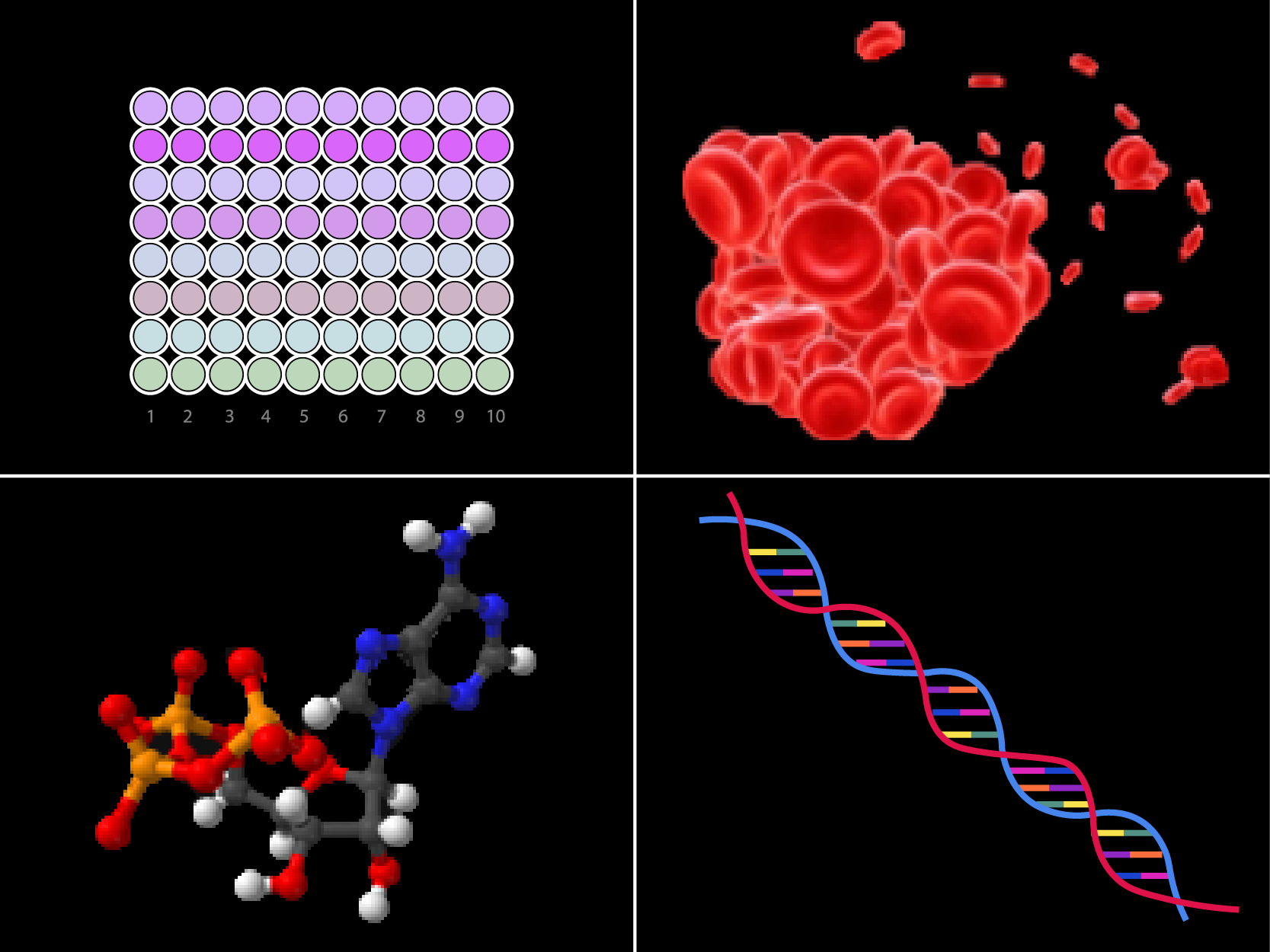.jpg?width=250&name=Webinar%20Recap_%20(4).jpg) Many of you are well on your way through graduate school, itching to earn that precious PhD, while some are just starting out, getting ready to take your first midterms while preparing to choose your first research rotations. Regardless of where you are in your career, or even if you've already earned that doctorate and are on your way to a postdoc and beyond, ABclonal's blog series has put together some articles that can help you get through the day. Whether it is experimental troubleshooting or just trying to get along with your lab mates and PhD supervisor, here is a collection of previous blogs that should be of use to you.
Many of you are well on your way through graduate school, itching to earn that precious PhD, while some are just starting out, getting ready to take your first midterms while preparing to choose your first research rotations. Regardless of where you are in your career, or even if you've already earned that doctorate and are on your way to a postdoc and beyond, ABclonal's blog series has put together some articles that can help you get through the day. Whether it is experimental troubleshooting or just trying to get along with your lab mates and PhD supervisor, here is a collection of previous blogs that should be of use to you.
Lab Techniques
At one point or another, most biologists will have to use any number of the following techniques to test their hypotheses. For some of you, this may be the first time you have ever worked with the technique, and while a senior member of your lab may have shown you some of the ropes, it may still be unfamiliar and intimidating. Fear not! Science and the associated protocols are like riding a bicycle; it may take a few tries to figure it out, but once you do, you'll rarely fall down ever again! Read on for some standard protocols and troubleshooting tips.
The Polymerase Chain Reaction
 PCR is used in many applications, including molecular cloning and gene expression analysis. Whether you're doing traditional PCR, RT-PCR, or using a dye or probe to do quantitative PCR, the usual optimization and troubleshooting steps are very similar. Please read our blog on PCR tips for more information!
PCR is used in many applications, including molecular cloning and gene expression analysis. Whether you're doing traditional PCR, RT-PCR, or using a dye or probe to do quantitative PCR, the usual optimization and troubleshooting steps are very similar. Please read our blog on PCR tips for more information!
Cell Proliferation Assays
You may be studying drug metabolism, apoptosis, differentiation, or some other aspect of cell biology that requires you to measure their rate of growth and reproduction. Depending on your cell line and the experimental manipulation, you will need to choose the appropriate method to assess cell proliferation. Read on to find out more about some common cell proliferation assays!
Enzyme Linked Immunosorbent Assays
 To check for analytes in biological samples like serum and urine, the ELISA technique is normally used to quantify the level of specific molecules such as growth factors and even antibiotics in that sample. ELISA is sometimes a bit finicky, so we have put together an ELISA troubleshooting guide to help you out!
To check for analytes in biological samples like serum and urine, the ELISA technique is normally used to quantify the level of specific molecules such as growth factors and even antibiotics in that sample. ELISA is sometimes a bit finicky, so we have put together an ELISA troubleshooting guide to help you out!
Western Blotting
As a former immunologist and cancer biologist, the number of Western blots I have had to perform probably number in the hundreds, if not thousands. From choosing the ideal antibodies to buffer conditions and transfer techniques, we hope this guide to Western blot optimization can help you avoid poor results and get that figure together for your big paper!
Lab Hacks
Now more than ever, academic (and even industry) research is done on a budget, so to help you cut costs, we've put together a list of easy "lab hacks" that you can implement pretty much immediately to make your workflow more manageable and certainly more cost effective!
Organization and Time Management
 Our circadian rhythms are calibrated to a 24-hour clock, and no matter what, because we don't have Hermione Granger's time-turner, we cannot squeeze more than those 24 hours into a single day. Besides, we need time to rest, eat, and do certain biological processes. To make sure you can use your 24 hours effectively to maximize productivity while giving yourself time to relax and unwind, read on for some tips on time management.
Our circadian rhythms are calibrated to a 24-hour clock, and no matter what, because we don't have Hermione Granger's time-turner, we cannot squeeze more than those 24 hours into a single day. Besides, we need time to rest, eat, and do certain biological processes. To make sure you can use your 24 hours effectively to maximize productivity while giving yourself time to relax and unwind, read on for some tips on time management.
Laboratory Cleanup
You want to get your experiment started and finished as quickly as possible so you can catch the latest television show. To reduce the amount of time lost to trying to find the one pipettor you need, here are some laboratory organization philosophies that can maximize your workspace while minimizing your headaches.
Don't Waste That Down Time
In addition to your experiments, you're probably going to need time to set up posters and presentations, write manuscripts and funding applications, and work on whatever remaining coursework you have. This doesn't even include the amount of time you need to go to the gym or hang out with friends like a regular human being! We have some suggestions for how you can best use your down time so you can multitask while that experiment is incubating.
Working From Home
One of the positives of certain long term experiments, and sometimes from your own self-motivation, is the opportunity to work from home. Why not save yourself some commute if you don't even have to be in lab? But of course there's plenty still to do, from reading those papers you've been putting off to starting to write that dissertation. Here are some strategies for maximizing your work from home time.
Playing Well With Others
One of the greatest advantages of being a scientist is the ability to immerse in a community of intellectuals and share ideas and findings with one another. To foster a collaborative environment, you first have to find good people you can work with, and then be able to communicate your ideas clearly. A good scientist is amiable as well as an effective storyteller, so read on for some suggestions for how you can develop the people skills you will need for collaboration.
Writing Skills
The primary way for scientists to reach a broad audience is to publish their findings in journals. And before you can perform the research, you need seed money via a startup fund or additional funding through grant applications. All of these tasks require strong writing to communicate your ideas succinctly so reviewers and your other audience don't get bored to death or get lost in the details. Read on for some writing habits that can help you stay current with the literature while building a strong story to frame your research.
Telling a Good Story
While this next blog is more about communicating with non-scientists, I believe the basic premise still works whether you are giving a seminar or a poster presentation. Remember, not everyone is an expert in your chosen field, so to convince them that what you are doing is important, you will need to spin a good yarn and keep people engaged. From lab meetings to lecturing in a classroom, the ability to teach is truly in how well you tell that story.
 Protect Yourself
Protect Yourself
I have worked with graduate students who have had to switch labs because they ultimately did not get along with their mentor for whatever reason. Sometimes it may just be clashing personalities, and other times it's more institutional. If you haven't chosen yet, read our blog on how to avoid an unfortunate working relationship as you will have to work with this mentor for years!
Be a Good Mentor
One day, you will either have to lead a class discussion, perform a lecture, train a new lab member on protocols, or you will become the principal investigator in your own lab! With your experiences, you hopefully will know how to make life more bearable for the folks working with you and who rely on you for mentorship. Read our blog on the qualities of a good mentor to find out more.
Heading for the Finish Line
The PhD process is a long and arduous journey, but the reward at the end is well worth the hard work you put in. If you can surround yourself with great friends and coworkers and have a compatible mentor, it will go a long way toward preserving your mental health and energy. I hope this compilation has been useful to you, and best wishes to you as you continue contributing to the betterment of all humanity!


.png)

